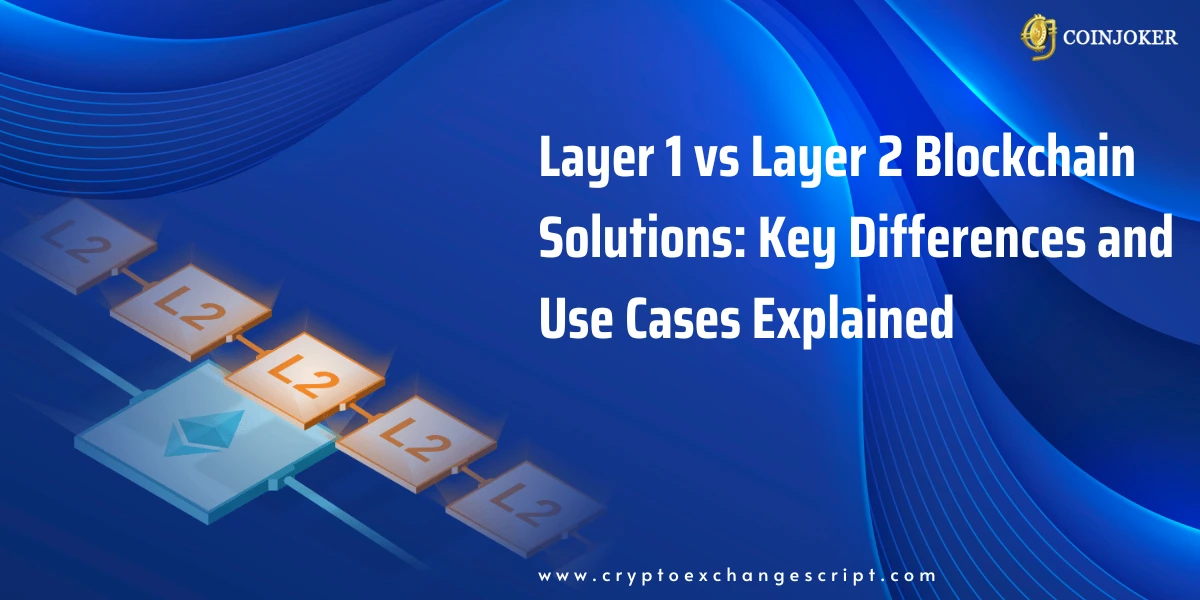In April 2018, The Reserve Bank of India (RBI) had directed all entities regulated by it to not deal in virtual currencies or provide services for facilitating any person or entity in dealing with or settling those, thus virtually banning cryptocurrency trading in India. Entities were asked to end associated services, including transfer or receipt of money in accounts relating to the purchase or sale of virtual currencies, within three months.
A three-judge bench held the 2018 circular as unreasonable and disproportionate and found that the complete prohibition as bad in law and disproportionate to the objectives sought to be achieved by RBI as a regulator. The judgment will likely bring a regulatory regime for cryptocurrency in India instead of a complete ban.
After RBI's 2018 directive, the Internet and Mobile Association of India, representing various cryptocurrency exchanges, had filed a petition with the apex court arguing that trading in cryptocurrencies in the absence of a law banning those was a "legitimate" business activity under the Constitution. The RBI could not have denied them access to banking channels to carry on such business, it added.
The central bank defended its circular insisting that it had always been consistent in its opposition to allowing other payments systems and undermining the integrity of the banking system. It also said that it had not directly banned virtual currencies and restrictions were only imposed on entities regulated by RBI.
The central bank defended its decision on prohibition as a measure to protect these entities from activities that could pose as reputational, financial, legal and operational risks, including terror financing and money laundering.
Source : Goodreturns.in
Trending Blogs

Cryptocurrency Exchange
Create a Future-Ready Crypto Trading Platform with Our Advanced LBank Clone Script
Businesses and entrepreneurs are looking to mark this brand with an unique cryptocurrency exchange p ...

DeFi
Balancer Clone Script: Build a Cutting-Edge DeFi Liquidity Protocol Like Balancer
In the ever-evolving DeFi ecosystem, decentralized exchanges DEXs are at the forefront of changing h ...

Cryptocurrency Exchange
Accelerate Your Crypto Exchange Launch with a Ready-Made BingX Clone Script
Kickstart your crypto exchange quickly with our ready-made BingX Clone Script—fully customizable, ...

Blockchain
Layer 1 vs Layer 2 Blockchain Solutions: Key Differences and Use Cases Explained
Blockchain technology is transforming industries across the globe with its promise of decentralizati ...

Blockchain
Layer 2 Solutions: Scaling the Blockchain for the Future
As blockchain adoption accelerates across industries, one of the most pressing challenges has become ...

AI
Revolutionizing Business Operations Through AI Automation
In the generation of digital transformation, businesses are constantly searching for approaches to s ...

AI
AI Analytics: Powering Smarter Decisions in a Data-Driven World
In today's data-driven world, organizations are increasingly turning to Artificial Intelligence (AI) ...

AR/VR
Virtual Reality Training: Transforming Workforce Development Through Immersive Learning
In today's rapidly evolving technological landscape, Virtual Reality (VR) training has emerged as a ...

Blockchain
Central Bank Digital Currencies (CBDCs) and Blockchain: Transforming the Future of Money
The financial landscape is undergoing a revolutionary shift with the rise of Central Bank Digital Cu ...

AI
AIOps: Revolutionizing IT Operations with Artificial Intelligence
In today's digital age, businesses are increasingly reliant on IT infrastructure to ensure seamless ...
